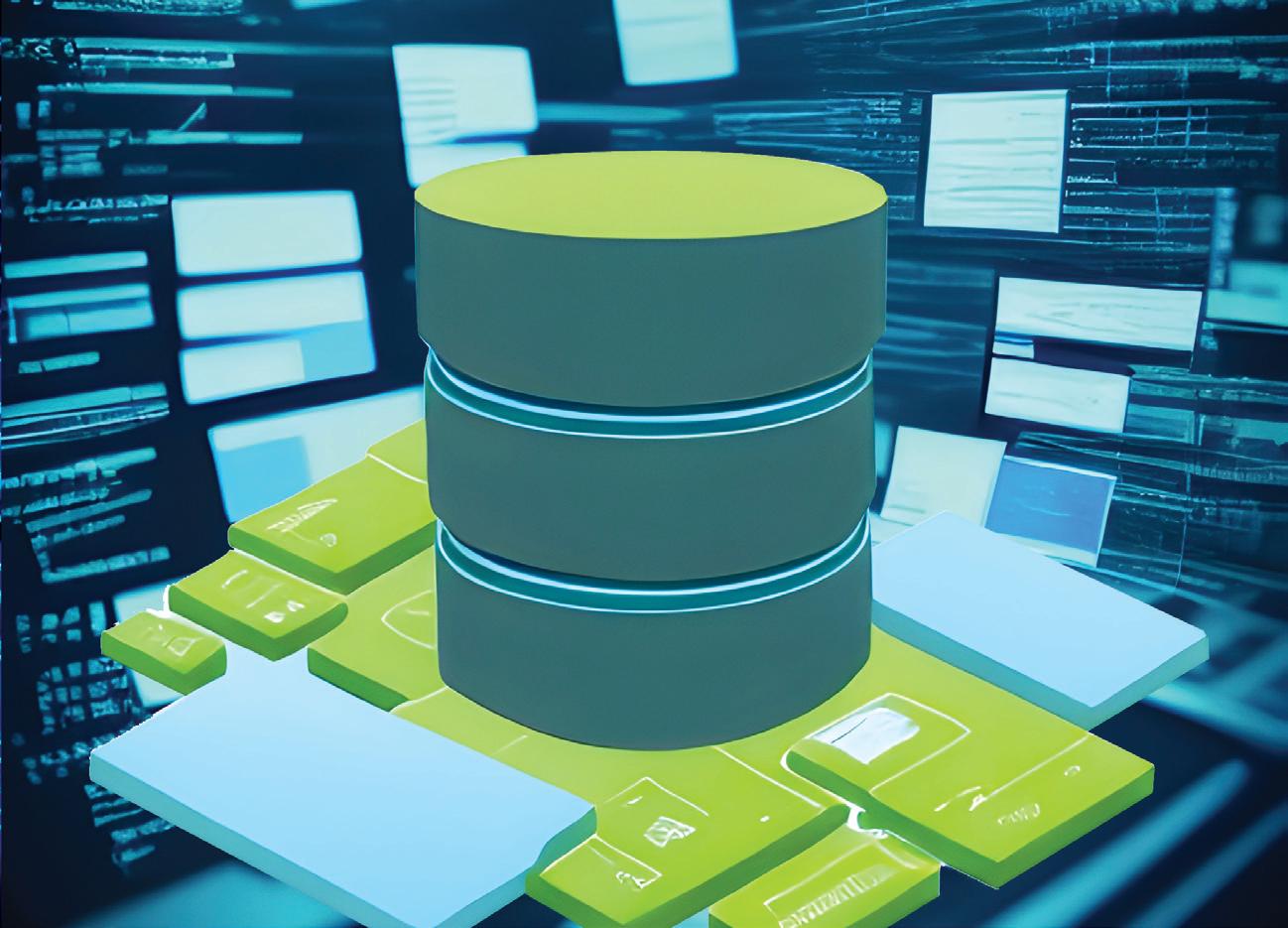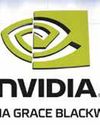
In today’s data-driven world, where vast amounts of information are generated and analysed every second, the need for efficient management and retrieval of complex data structures has become paramount. Vector databases have emerged as a specialised solution designed to handle high-dimensional vectors and enable powerful analytics. These databases play a pivotal role in a wide range of applications, from recommendation systems and image recognition to natural language processing and personalised marketing. By employing advanced indexing techniques and algorithms, vector databases offer enhanced capabilities for similarity search, enabling developers to build sophisticated data-driven applications. In this article, we will delve into the intricacies of vector databases, exploring their significance, key concepts, use cases, benefits, challenges, and future prospects. By the end, you will gain a comprehensive understanding of vector databases and their transformative potential in managing and leveraging highd-imensional data effectively.
Why use vector databases?
In the era of Big Data, the prevalence of high-dimensional vectors has become increasingly common across diverse industries and applications. Traditional databases, optimised for handling structured data, struggle to efficiently manage and query complex vector representations. This limitation has paved the way for specialised vector databases to address the unique challenges posed by high-dimensional data.
Esta historia es de la edición July 2023 de Open Source For You.
Comience su prueba gratuita de Magzter GOLD de 7 días para acceder a miles de historias premium seleccionadas y a más de 9,000 revistas y periódicos.
Ya eres suscriptor ? Conectar
Esta historia es de la edición July 2023 de Open Source For You.
Comience su prueba gratuita de Magzter GOLD de 7 días para acceder a miles de historias premium seleccionadas y a más de 9,000 revistas y periódicos.
Ya eres suscriptor? Conectar

Red Hat unveils Red Hat OpenShift Virtualization Engine
Red Hat OpenShift Virtualization Engine is a new edition of Red Hat OpenShift that offers a dedicated solution for organisations to leverage the virtualisation capabilities already available within Red Hat OpenShift.

Spring AI: A Door to GenAI Heaven for Java Developers
Let's explore the Spring AI framework and its advantages, and look at how it is helping Java developers adopt AI.

Significant security vulnerabilities drive the release of Rsync 3.4
Rsync, the widely used utility for incremental file transfers and synchronisation, has released version 3.4. This update isn't packed with exciting new features but is instead critical due to several newly disclosed security vulnerabilities.

NVIDIA puts Grace Blackwell at every AI developer's fingertips
NVIDIA has introduced NVIDIA Project DIGITS, a groundbreaking personal AI supercomputer designed to empower AI researchers, data scientists, and students NVIDIA® NVIDIA GRACE BLACKWELL with the immense capabilities of the NVIDIA Grace Blackwell platform.

Top Tools for DevOps, Cybersecurity, and Cloud Management in 2025
In 2025, organisations will continue to rely on open source tools to retain a competitive edge. We look at why the best tools for DevOps, cybersecurity and cloud management will remain relevant and how best to integrate them into your organisation.

CREW: Open source platform to improve human-AI interaction
As human-AI collaboration deepens, critical questions arise: How should humans and AI complement one another? What kind of feedback enhances AI training? How can trust in AI be optimised to balance collaboration without over-reliance? Researchers at Duke University are addressing these challenges through CREW-an innovative platform designed to advance human-AI teaming.

Red Hat completes the acquisition of Neural Magic
Red Hat, Inc., has announced the completion of its acquisition of Neural Magic, a trailblazer in software and algorithms that accelerate generative AI (GenAI) inference workloads.

The Do's and Don'ts for Software Architects
Here's a list of best practices for software architects as well as the common mistakes they should try not to fall prey to.

openSUSE's Tumbleweed introduces Wayland support for the LXQt desktop environment
The openSUSE Project has announced that its Tumbleweed rolling release distribution now includes Wayland support for users of the LXQt desktop environment.

A Guide for Software Architects: Common Mistakes and Best Practices
Software architects play an invaluable role in the digital transformation of an organisation. To make a mark, they must imbibe certain qualities and avoid common errors.